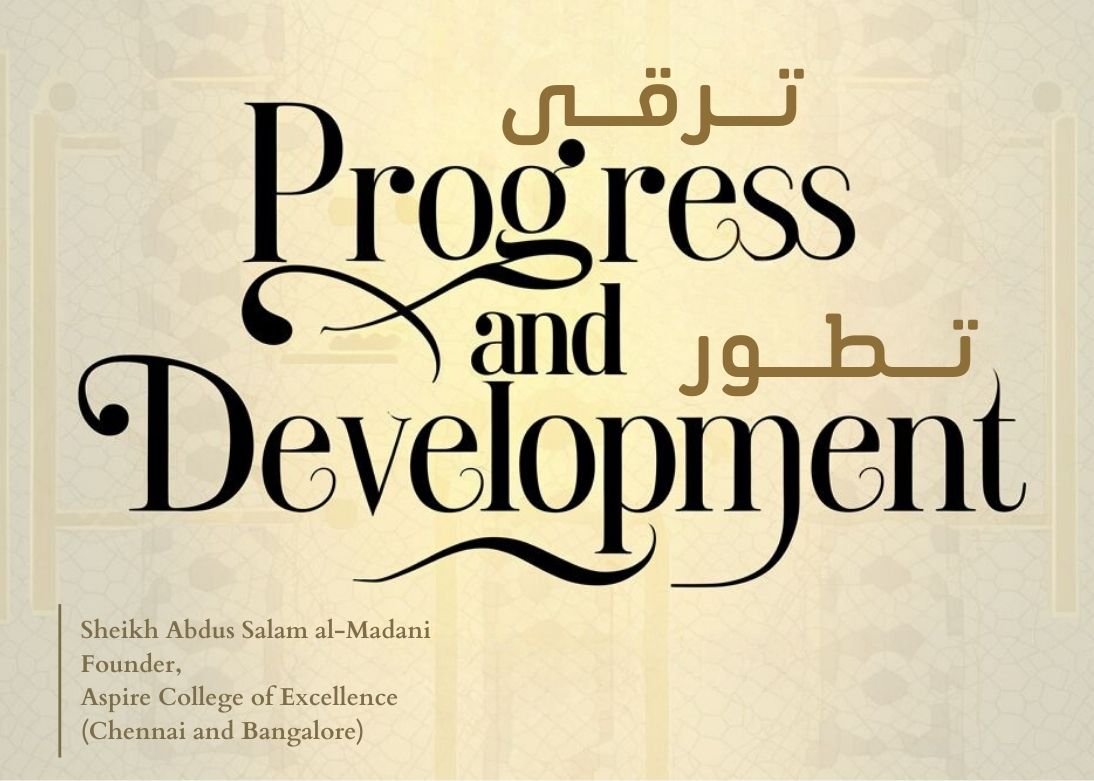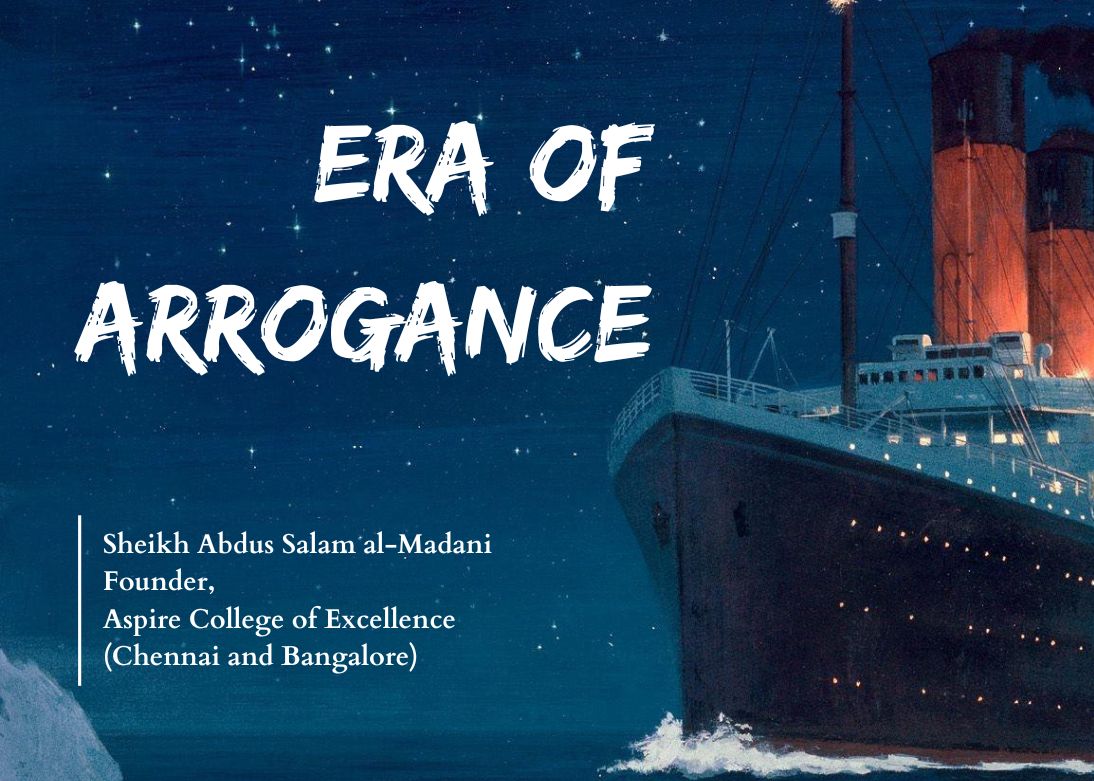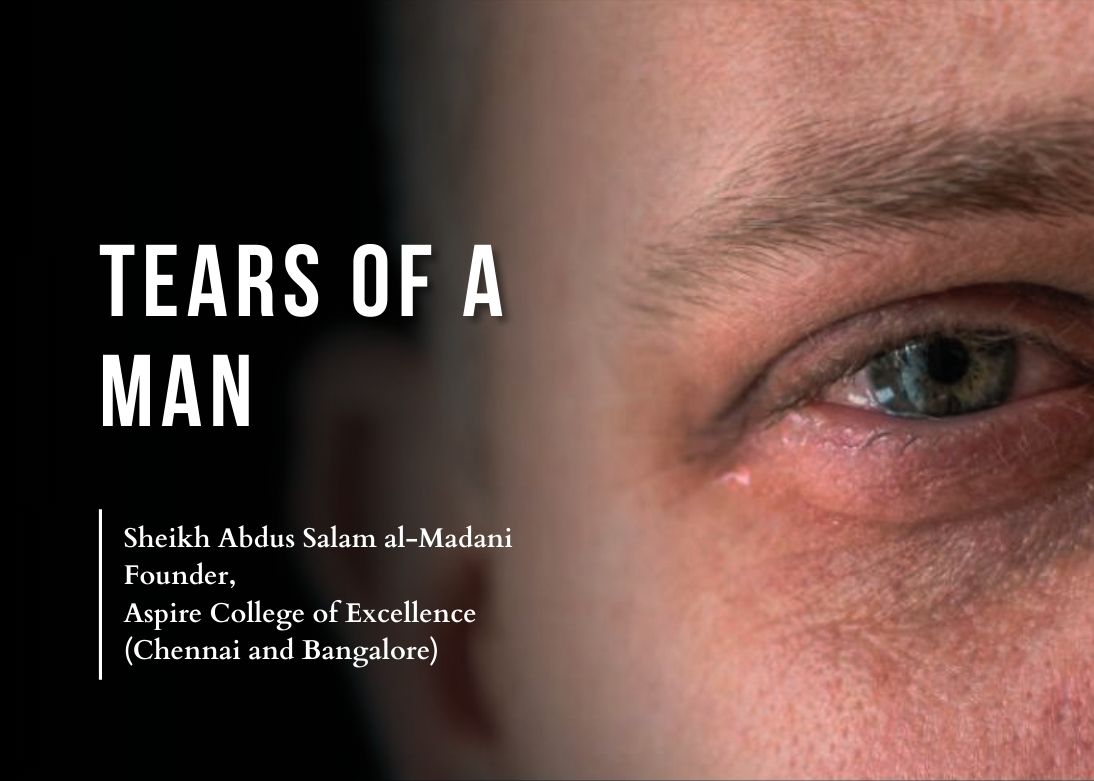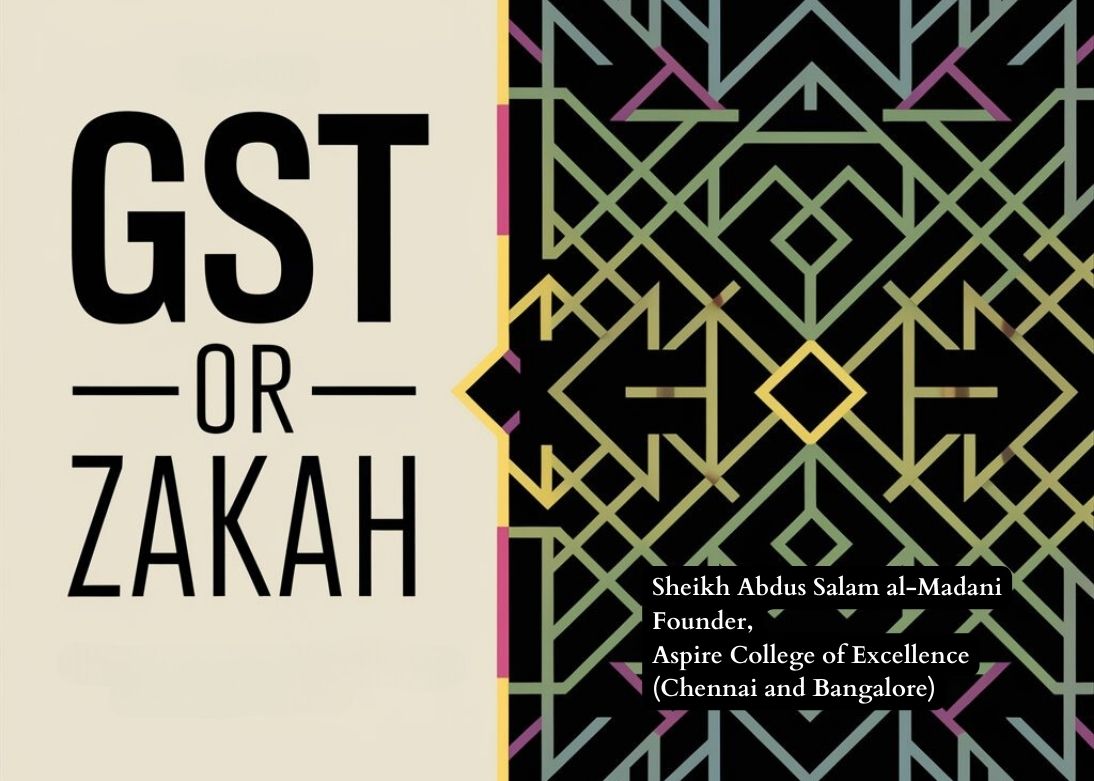
According to Islamic inheritance system, if first level of inheritors exist, then the second level of inheritors don’t get inheritance. For example, if the father of the deceased exists, then the grandfather won’t get inheritance. Likewise, if the mother exists then the grandmother won’t get any inheritance. If the brother exists, then the nephew won’t get the inheritance.
This principle is implemented in the case of grandchildren also. If a person dies, as long as his son exists, his grandchildren won't get inheritance.
This issue is liable to be subject to speculation due to emotional thinking. The matter should be perceived in the context of entire system not as an individual issue.
Here are some principles which further illustrate the matter:
1. It is not compulsory that the grandchildren always be poor. If a person was very rich and left behind lot of wealth, only his children will get all the wealth while the deceased's father (i.e. grandfather) gets only one sixth and his brothers (uncles) won’t get anything.
2. If a person has children and grandchildren and he is in need of expenditure or care it becomes compulsory on children to take care of him and fulfill all his expenditure. If they fail to do so, then the responsibility goes to the grandchildren.
Hence, it is giving and receiving, not always only gaining as assumed.
3. It must be noted that in Islam, it is the duty of the nearest rich relative to spend on his poor relatives. It is not a favor rather it is a duty. If he fails, he will be punished in this world and hereafter as well.
For example, it is the duty of a husband to spend on his wife, duty of a father to spend on his small or poor children, duty of grandfather to spend on his grandchildren if they are small or poor, and duty of rich uncles to spend on their poor nephews and nieces and so on.
Therefore, the basis of this premise that the grandchildren are poor and in trouble itself is hypothetical and does not exist in Islamic system.
If the people don’t implement it, it is the problem of the followers and there is no flaw in the system itself.
4. The matter of inheritance arises after the death of a person. During his lifetime, a person can give his money without any restriction in charity, gifts, social service, etc. Hence, it is compulsory on the grandfather to make sure that his needy grandchildren should not be left facing financial troubles after him. He may give them a gift more or less whatever is sufficient for them in his lifetime.
5. It is also highly recommended in Islam to bequeath a portion of the wealth for those who don’t have share in inheritance. Hence, it is highly recommended and according to some scholars compulsory for a grandfather to include his needy grandchildren in his bequest.
6. Also it is compulsory, according to Islam, that well to do brothers(of the deceased) must take care of their nephews and nieces, if they are orphans and needy.
After all these explanations, it is hoped that the issue of why Islam doesn’t allot a share to the small grandchildren is more of a hypothetical than a real one.
Sheikh Abdus Salam al-Madani
Founder,
Aspire College of Excellence, Chennai
Aspire College Of Excellence Bangalore
Comments (0)
Categories
Recent posts


Era of Arrogance
6 Feb 2024
Tears of a Man
13 Feb 2024
GST or Zakah
9 Apr 2024




